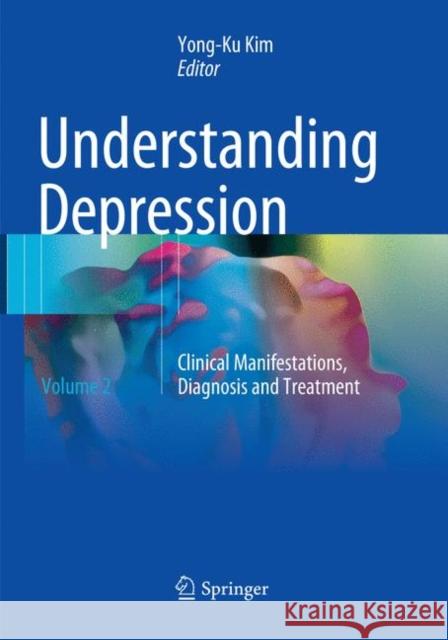Understanding Depression: Volume 2. Clinical Manifestations, Diagnosis and Treatment » książka
topmenu
Understanding Depression: Volume 2. Clinical Manifestations, Diagnosis and Treatment
ISBN-13: 9789811349065 / Angielski / Miękka / 2018 / 333 str.
Kategorie BISAC:
Wydawca:
Springer
Język:
Angielski
ISBN-13:
9789811349065
Rok wydania:
2018
Wydanie:
Softcover Repri
Ilość stron:
333
Waga:
0.68 kg
Wymiary:
24.89 x 25.15 x 1.78
Oprawa:
Miękka
Wolumenów:
01











